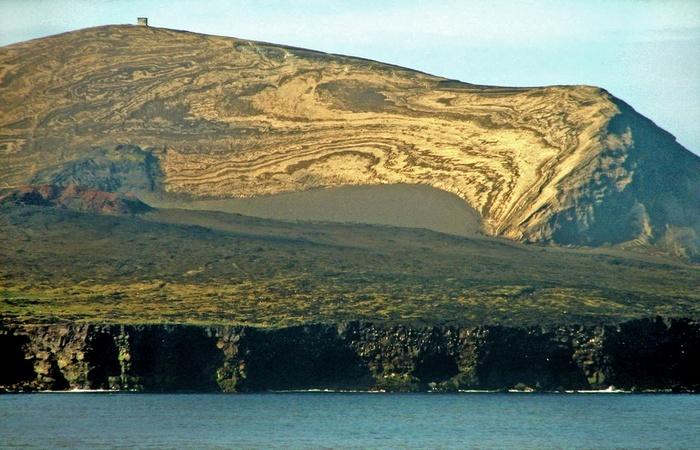
Instead, go to one of the many destinations we offer that do not run the risk of being pin-cushioned. Visit North Sentinel Island yourself on one of our exclusive tours! Do not visit North Sentinel Island under any circumstances this is a terrible idea. Does YPT offer North Sentinel Island Tours ? Firstly it is strictly illegal to come, but more importantly travel to the islands are extremely dangerous, even if god does tell you it is safe to come here. Technically anything is possible, but should, can and will are very different things. This does though make it perhaps one of the most unique places on earth regarding governance and indeed independence. To read our criteria for what counts as a country click here In real terms though were the North Sentinelese ever to make contact with the outside world they would fall under the jurisdiction of India. Officially North Sentinel Island is a an integral part of India, but in real terms it is independent and is not governed by the laws of the Republic of India. The short answer to this is no, North Sentinel Island is not a country, but it is a very special case in itself. Of course they are not legal, but no one has ever been prosecuted for any killings due to the islanders having the right to defend themselves. Interestingly this and other killings are where the myth that murder is legal on the island come from. The last known person to attempt to contact them was an American by the name of John Allen Chau, a missionary who wished to visit the island and spread the word of God.

No one was prosecuted, and the official policy of leaving the islanders be was continued. In 2006, two Indian fishermen illegally fishing in the waters just off North Sentinel were killed by the islanders. With the official government policy being that people are not allowed to visit North Sentinel Island, the locals have been left to get on with things, right? Not quite. The Sentinelese were greatly affected by the 2004 tsunami, in which it was estimated that half of their population were wiped out. North Sentinel Island is an Indian territory that is one of the most remote places on earth. In 1997 the Indian government made the decision to stop any and all people visiting the island, and let the locals live in seclusion.

Since then only one visit has been successful – that of an Indian Anthropological Survey director and his colleagues, who visited without violence on January 4 th, 1991. This never ended very well, and plenty of people died before everybody decided it might be best if the North Sentinelese were left to their own devices. As was the wont of said Empire, the British visited several times in a bid to bring a bit of good old-fashioned ‘civilisation’ to the locals. In the past, North Sentinel fell under the remit of the British Empire. To say that they’re hostile to outside contact would be quite the understatement. On North Sentinel Island, the ‘locals’ are one of a handful of remaining uncontacted peoples on earth. They feature a stunningly diverse ecology and are very ethnically diverse. Overall, the islands are rather pleasant to visit and popular with tourists. North Sentinel Island is part of the Andaman Islands, a bunch of islands owned and administered by India.

North Sentinel Island is one of those places. The tribes of the islands do not need outsiders to protect them what they need is to be left alone.Young Pioneer Tours are famous for taking people to ‘places your mother would rather you stayed away from’, but there are some places that, regardless of what your mother thinks, you really shouldn’t go to. The island of Surtsey in Iceland was formed just 55 years ago in a volcanic eruption.

Their troubles started after they came into contact with outsiders. North Sentinel Island belongs to the archipelago of the Andaman Islands in the Indian Ocean. "The tribes have been living on the islands for centuries without any problem. It was the last time the tribe saw an official expedition, and Chattopadhyay believes it is for the best. When a crew member tried to grab an ornament from a Sentinelese, he got angry and grabbed his knife. This time, the Sentinelese approached them without their weapons and entered the boat to take the coconuts. Later, some men came and touched the boat.Ĭhattopadhyay returned a few months later with more people. Chattopadhyay used a few tribal words she learned to tell them they could collect the coconuts. "We were all a bit apprehensive because a few months earlier, the team sent by the administration had encountered the usual hostility," says the anthropologist Madhumala Chattopadhyay (via National Geographic). The Sentinelese have accepted coconuts from the group, one of the few friendly contacts they had. However, during the 1990s, the Sentinelese had a different behavior toward a group of anthropologists working for the Anthropological Survey of India (AnSI).


 0 kommentar(er)
0 kommentar(er)
